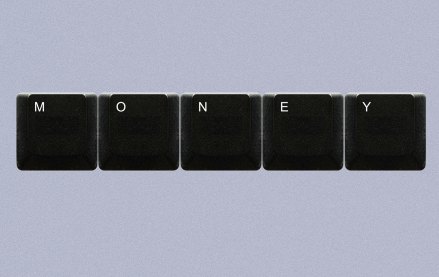The Guardian pulls out of Facebook’s Instant Articles and Apple News
Publishers aren’t happy with the deal platforms are cutting them. Now, the Guardian has dropped both Facebook’s fast-loading Instant Article format and will no longer publish content on Apple News.
The publisher had gone all-in on Instant Articles, running every single Guardian article via the format for the last year. It was one of first U.K. media owners to adopt the Facebook format, alongside BBC News in the spring of 2015. The Guardian was also among the first publishers to join the Apple News app when it launched in the U.K. in October 2015. It ran all its articles in the app.
A Guardian News and Media spokesperson confirmed the removal, and issued the following statement to Digiday: “We have run extensive trials on Facebook Instant Articles and Apple News to assess how they fit with our editorial and commercial objectives. Having evaluated these trials, we have decided to stop publishing in those formats on both platforms. Our primary objective is to bring audiences to the trusted environment of the Guardian to support building deeper relationships with our readers, and growing membership and contributions to fund our world-class journalism.”
The publisher ceased running content through both Apple News and Instant Articles today. The move is a clear sign of displeasure in how these platform-publishing initiatives have treated the business needs of the Guardian. Many publishers have complained the money they make off visits to IA pages, for example, do not measure up to what they get on their own sites.
The Guardian isn’t the only publisher that has lately cooled on Instant Articles, with several publishers are running far fewer articles within that format, according to analysis by NewsWhip. BBC News, National Geographic and The Wall Street Journal barely seem to be using Instant Articles either. The New York Times has pulled out altogether.
Plenty of publishers remain on IA, of course, but the loss of marquee publishers like The New York Times and the Guardian is not exactly a great sign of health. Other publishers are likely to take a hard look at where their interests intersect with Facebook’s. The same goes for Apple News, although signs point to many publishers seeing promise there.
The draw of Instant Articles was that they load much faster than the Facebook links that take readers back to most publishers’ own sites. Engagement is also supposedly higher on those articles than regular Facebook links. But Instant Articles keep people within the Facebook app, rather than sending readers through to a publisher’s own sites, where they can monetize them more effectively, and have better control of reader data.
The Guardian, under pressure to cut costs and boost revenue, is pushing forwards with its paying membership scheme, and for it to keep building that successfully it must prioritize driving readers back to its own site, where it can ask them to donate or become a paying member, as well as serve advertising.
It has notched up 200,000 paying members, and over 100,000 one-off donations in the past year. The goal: to reach 1 million paying subscribers by 2019. Although the Guardian hasn’t confirmed the specific revenue made, 200,000 members paying the minimum price tier of £5 a month (£60/$76 a year), would equate to £1 million ($1.3 million) a month, £12 million ($15 million) a year. If the million paying supporters paid the minimum membership of £60 ($77) a year, that would create £60 million ($77 million) in revenue.
Meanwhile the Guardian’s use of Google’s Accelerated Mobile Pages, the rival to Instant Articles, seems to be going strong. In March the Guardian presented at AMP Conf, a two-day conference hosted in New York, where it revealed that 60 percent of the Guardian’s Google-referred mobile traffic was coming via AMP.
More in Media

Condé Nast and Hearst strike Amazon AI licensing deals for Rufus
Condé Nast and Hearst have joined the New York Times in signing a licensing deal with Amazon for its AI-powered shopping assistant Rufus.

Media Briefing: AI payouts may be entering a new era
AI compensation is evolving — and new models, not just publisher demands, are driving the shift beyond flat-fee licensing.

In Graphic Detail: AI platforms are driving more traffic — but not enough to offset ‘zero-click’ search
Here are five graphs that reveal the major trends emerging in the world of AI and ‘zero-click’ search, and what it means for publishers.








